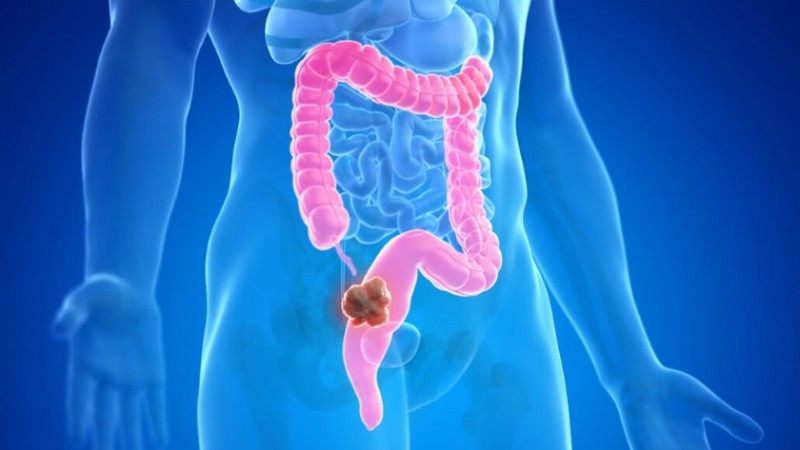
Aga Khan University (AKU) in Kenya has secured a substantial research grant of $750,000 from the National Institutes of Health (NIH). This funding will be the driving force behind an innovative project employing artificial intelligence (AI) technology to tackle the challenges associated with diagnosing and predicting outcomes in cases of colorectal cancer in Africa.
Colorectal cancer represents a significant public health concern across the African continent, where limited specialized training and access to advanced diagnostic tools have posed obstacles to early diagnosis and effective treatment. The NIH grant will empower Aga Khan University, in collaboration with the Center for Global Health Equity (CGHE), to explore the potential of AI and machine learning technologies to expedite and enhance the accuracy of colorectal cancer diagnosis.
This collaborative research initiative will be led by a multidisciplinary team composed of oncologists, pathologists, surgeons, statisticians, and informaticians from Aga Khan University, CGHE, and Tenwek Hospital, a community-based public hospital in Bomet, Kenya.
Dr. Mansoor Saleh, Founding Director of the Cancer Centre at Aga Khan University, stressed the importance of this collaborative effort, saying, "Our ultimate goal is to create a future where diagnostic limitations, especially in the area of histo- and molecular pathology, can be overcome through the use of artificial intelligence and machine learning."
This project builds upon the existing partnership between AKU and CGHE, which includes the Utilising Health Information for Meaningful Impact in East Africa through Data Science (UZIMA-DS) Research Hub. The UZIMA-DS Research Hub is dedicated to implementing cutting-edge data assimilation and AI-based methods to serve as early warning systems for improving health outcomes in Africa.
Akbar Waljee, a member of CGHE and a U-M Professor, commended the collaboration between the institutions, stating, "This NIH grant is a testament to the incredible research collaboration between the Center for Global Health Equity at the University of Michigan and Aga Khan University in Kenya. Together, we are committed to advancing healthcare and promoting equity in health outcomes for all."
Both Aga Khan University and the Center for Global Health Equity are steadfast in their mission to make healthcare more accessible, affordable, and effective for communities in Africa and worldwide. This NIH grant signifies a significant stride toward realizing this vision and holds the promise of positively impacting colorectal cancer diagnosis and treatment in Africa.
Article by RB Correspodent
Photo/Google
https://www.aku.edu/news/Pages/News_Details.aspx?nid=NEWS-003114

Comment